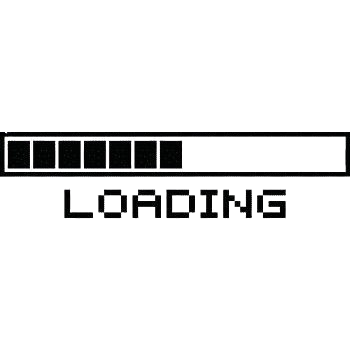IDAGENT138 – Daftar - Login Akun Platinum Buatan Orang Dalam IDAGENT138 Pasti & Wajib WD Besar!
IDR 10,770.77
Temukan IDAGENT138, server Link Slot Gacor terpercaya di Thailand dengan lebih dari 1 juta pengguna Indonesia. Bergabunglah sekarang untuk pengalaman bermain yang tak tertandingi!
Quantity:

